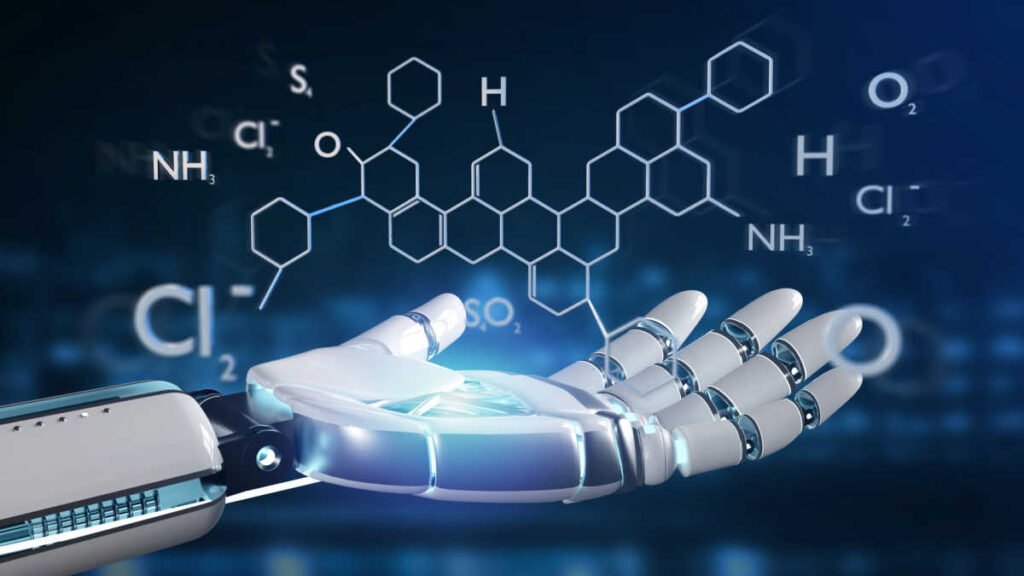Artificial Intelligence (AI) is revolutionizing drug discovery, addressing the pharmaceutical industry’s most pressing challenges such as high costs, long development cycles, and complex data analysis. Traditional methods, while effective in their time, are slow and resource-intensive. The integration of AI has introduced a transformative force, reshaping how new drugs are developed, tested, and delivered to patients.
How AI is Transforming Drug Discovery
AI is transforming every phase of drug discovery, from identifying potential targets to optimizing clinical trials. Here’s how it is redefining the landscape:
- Accelerated Target Identification:
AI analyzes vast datasets from genomics, proteomics, and transcriptomics to pinpoint druggable targets. Machine learning (ML) algorithms can identify specific genes or proteins involved in diseases, expediting the discovery process significantly. By processing massive volumes of data in record time, AI eliminates manual bottlenecks, enabling faster identification of critical targets. - Streamlined Lead Compound Selection:
Identifying viable compounds is a complex process involving numerous iterations. AI simplifies this by simulating molecular interactions and predicting how compounds bind to targets. This not only reduces the time spent in labs but also minimizes costly errors, ensuring a more focused and efficient approach to drug development. - Optimizing Clinical Trials:
Clinical trials are a critical stage in drug development, but they are often riddled with inefficiencies. AI improves patient recruitment by matching trial criteria with patient profiles and monitors trial progress through advanced analytics. Additionally, AI’s predictive capabilities enhance the likelihood of success, reducing failure rates and ensuring trials remain on schedule. - Drug Repurposing:
Drug repurposing involves finding new therapeutic applications for existing drugs. AI’s ability to analyze existing drug data and identify potential new uses is a game-changer, particularly for addressing unmet medical needs. By utilizing this approach, pharmaceutical companies can save years of research and significant financial resources.
Market Growth Drivers
The global AI in drug discovery market is witnessing exponential growth due to several key factors:
- Rising R&D Costs: With traditional drug development costing billions and taking over a decade, AI provides cost-effective and time-efficient solutions.
- Advances in AI Technologies: Developments in deep learning, natural language processing, and neural networks are enabling more sophisticated drug discovery tools.
- Demand for Precision Medicine: The growing demand for patient-specific therapies has driven the adoption of AI-powered solutions in designing personalized treatment plans.
Use Cases Highlighting Success
Companies like DeepMind, IBM Watson, and BenevolentAI are showcasing the potential of AI in drug discovery. For instance, BenevolentAI’s platform has identified potential treatments for rare diseases in record time, highlighting the efficiency of AI-powered processes.
Future Outlook
The integration of AI into drug discovery promises a future where treatments are developed faster, with greater accuracy and at reduced costs. AI technologies continue to evolve, offering even more advanced tools for pharmaceutical innovation. This not only benefits pharmaceutical companies but also ensures better access to lifesaving drugs for patients worldwide.
As the Flair Insights report highlights, the market’s rapid expansion is a testament to AI’s potential in redefining drug discovery. With sustained investments and collaborative efforts, AI is set to revolutionize the pharmaceutical industry, bringing new hope for addressing global health challenges.



